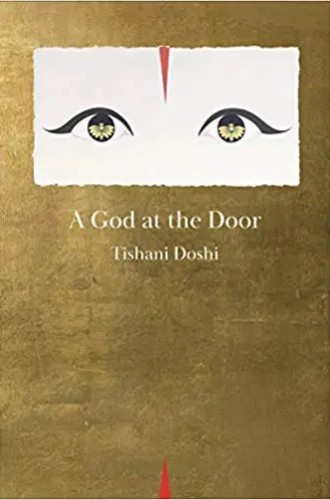In witness to a wilting world
Tishani Doshi’s poetic voice dwells between the scriptural and the cultural, between lesson and observation.
Tishani Doshi’s latest poetry collection is a practice in rewilding the familiar horrors of contemporary life. In ecofeminist fashion, these poems center women and girls as an ecology that contains both quotidian and cosmological expressions. Women’s bodies age, a fact worthy of poetic study; the nation is deemed female, yet women always seem to get intimately injured by the state form; women live together in Doshi’s imagined village of disenfranchised, disinherited, and otherwise missing people who are all these things because they are women.
At their best, these poems neither reveal some hidden layer to the horrors nor glory in an omniscient moral clarity. Instead, they offer dispatches on how religious and legendary forces press so many of these scenes of struggle into their heartbreaking shapes. Sometimes those forces are so accessible to us that we may forget they are the works of lore—and so the sayings our parents repeated about our bodies turn into monstrous legal precedents and political proclamations. In other instances, ideas like capacities are refigured back into the wildness of which we are all a part. As Doshi titles one of her poems, “Everyone Has a Wilting Point.” After the wilting point, the plant simply ceases to be.
This book is most successful as a single event, one that simultaneously reveals legend and makes it. This helps us identify the poems’ shared genre as something in between scriptural and cultural, between lesson and observation. The voice in these pieces is proverbial and self-consciously didactic. Doshi tells us with certainty how she would like us to feel as she retells recent news stories, statuses, and situations.






